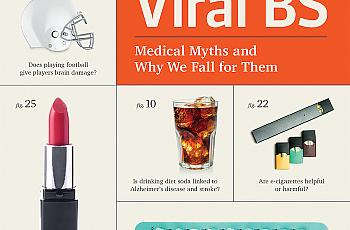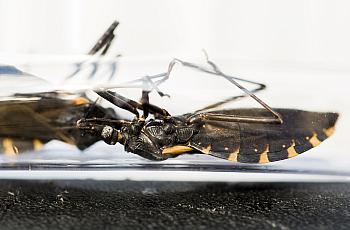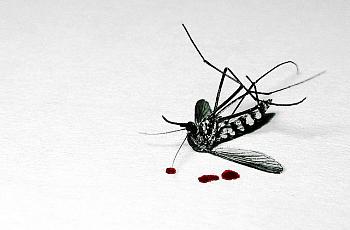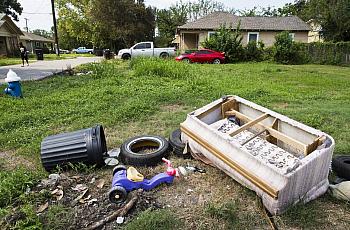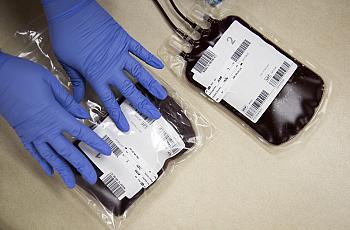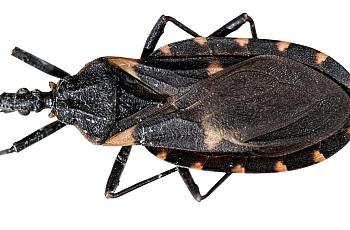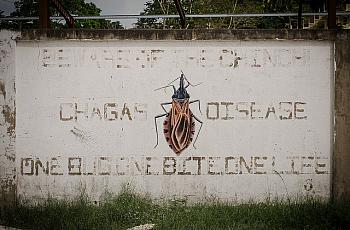
Seema Yasmin, MD, is a journalist, author, medical doctor and professor. She served previously as an officer in the Epidemic Intelligence Service at the U.S. Centers for Disease Control and Prevention, where she investigated disease outbreaks and was principal investigator on a number of CDC studies. She was a finalist for the Pulitzer Prize in breaking news in 2017 as part of a team from The Dallas Morning News and also received an Emmy for her collaborative reporting for KXAS-TV (NBCDFW) in Dallas on neglected diseases for her Center for Health Journalism Fellowship project. In 2017, Yasmin was a John S. Knight Fellow in Journalism at Stanford University investigating the spread of health misinformation and disinformation during epidemics. She has served as a science correspondent at The Dallas Morning News, medical analyst for CNN and professor of public health at the University of Texas at Dallas. She trained in medicine at the University of Cambridge and in journalism at the University of Toronto. Her first book, “The Impatient Dr. Lange,” charts the course of the HIV/AIDS pandemic and the life of a scientist who fought to end the outbreak. Her second book, “Debunked!,” dissects medical myths and pseudoscience and explores why we believe what we believe. She teaches science journalism and global health storytelling at Stanford University.

